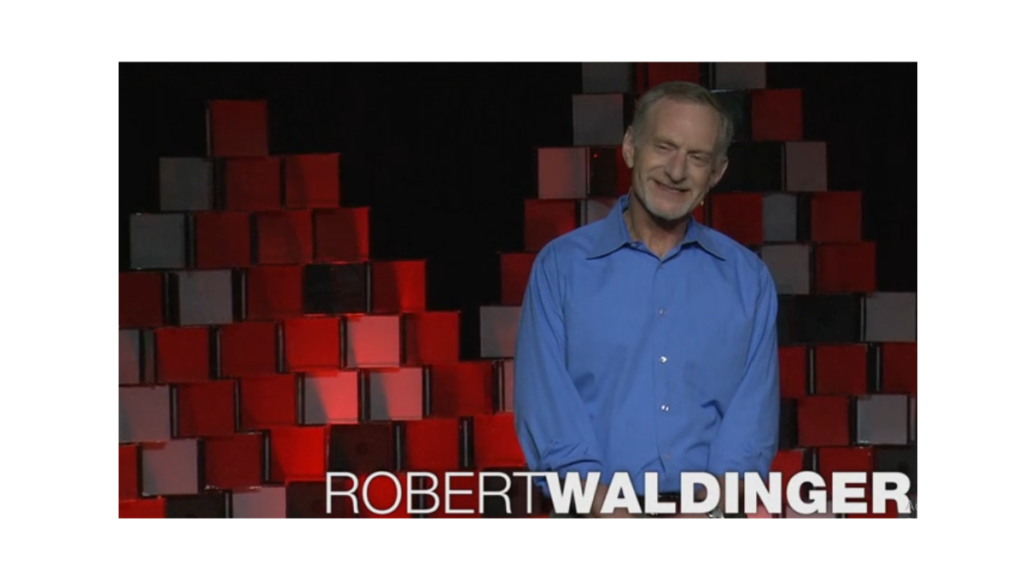Robert Waldinger (USA, 1951) is one of the Harvard University psychiatrists and professors who conducted the “better-connected” study showing that “when we connect, we are able to do amazing things.” Waldinger not only agrees with the initiative’s leitmotif, but carries it forward and, based on the Harvard University happiness study–Harvard Study of Adult Development–of which he was director, he assures that “one of the keys to happiness is relationships with other people.”
The Harvard research did not consider external factors such as money or social status. In fact, Waldinger recalled that in a 2007 survey of millennials, they “linked happiness to money and fame, among other things.” And they do so, the professor continued, “because these are the messages society sends them.” Whether through advertisements, movies, series, media or examples within the company itself. To take care of our relationships does not have to take a lot of effort; excellent results can be achieved with many small daily actions that, according to Waldinger, should be inspired by four pillars:
- Friendships: The author of “A Good Life” believes that friends provide emotional support and are the support to lean on in stressful situations. Therefore, he insists on the importance of “taking care of relationships on a daily basis.”
- Staying active: Activity helps us maintain and expand our personal relationships, boosts our self-esteem and helps us find our purpose in life.
- Confidence and security: Our happiness is also based on the importance of not having to fake another personality and feeling secure in our personal relationships.
- Change: As individuals, we are changeable people; accepting this on our part and on the part of our personal relationships will help us to be happier.
In the end, these four pillars bring us back to the initial conclusion on which everything is based: personal connections are the engine of happiness. These, for the psychiatrist and professor, “help us reduce the stress” of our daily lives while, “when people have no relationships, are alone or have no one to talk to, they remain in that state of stress” and this personal situation causes real social earthquakes that, in the long run and with the multiplication of unhappy and lonely people, lead to the erosion and disruption of social and community cohesion, the end of subsidiarity and the growth of welfarism and statism. The importance of personal relationships was also revealed in the workplace. One study stated that 30% of workers have their best friend in the workplace, and contrary to what one might think about the possible distractions this might generate, these workers perform better because they have a greater commitment to the company than others.
Finally, Waldinger reminds us that the pursuit of happiness cannot be a unified goal, but rather the union of small things, small moments. The American psychiatrist, who participated in one of the most viewed TED talks to date with 40 million views, says that “happiness is a sum of small moments of joy like talking to a friend or seeing a flower.”
In Spain, Telefónica also conducted a study on the importance of human connections. Waldinger joins the long list of notable personalities to learn from or be inspired by Telefónica’s Better Connected initiative. It is a platform that emphasizes the importance of human connections as the key to accomplishing amazing things. Have you ever read Karol Wojtyla’s essay, Person and Act? Without rushing into decades-long studies in the search for happiness and how to regain it, though useful for a topical analysis of the problem, Karol Wojtyla’s essay gives us a broad presentation of ‘who’ we are and how the person, in self-relationship with Other and others, must live in a relationship in order to be happy.
